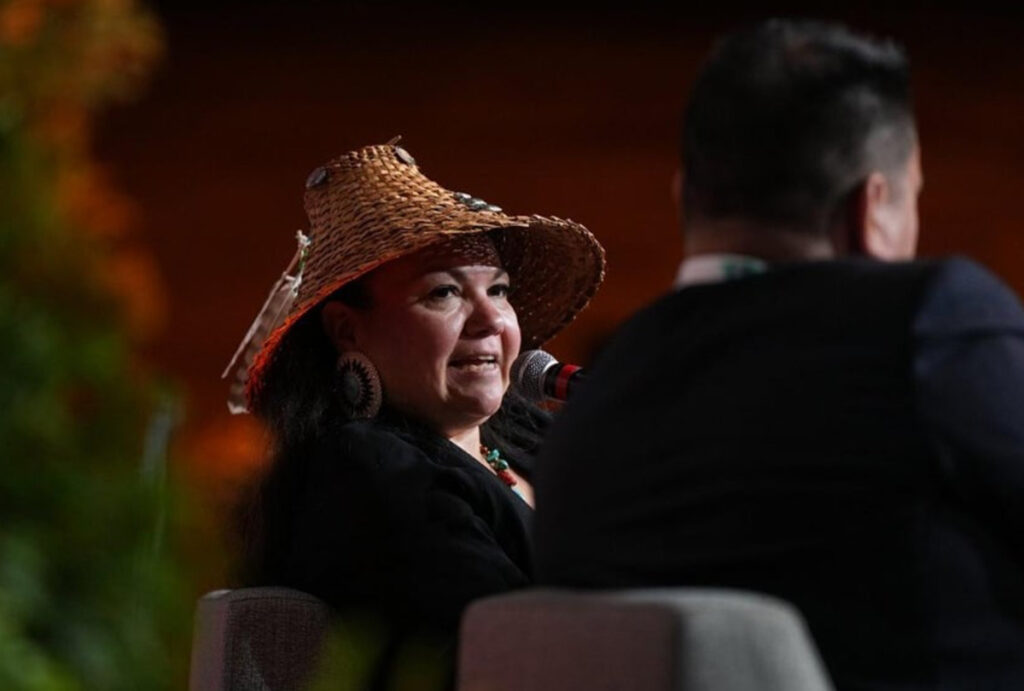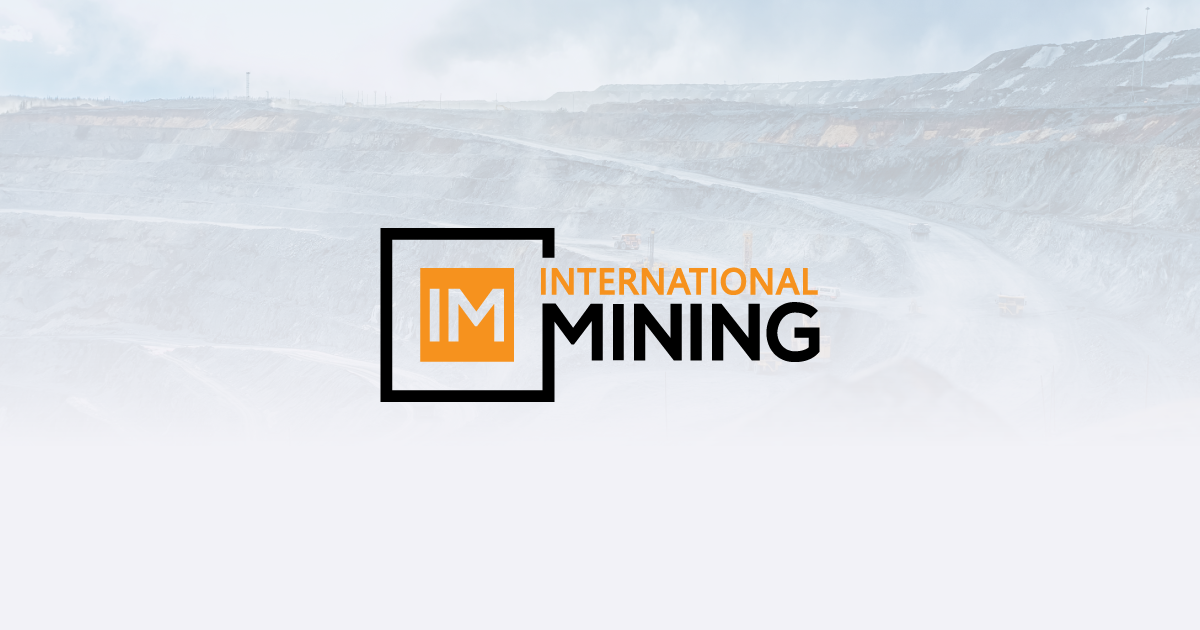Margareta Dovgal invites you to join us in June to learn about business partnerships with Indigenous Peoples.

By Resource Works
More News and Views From Resource Works Here
The fifth annual Indigenous Partnerships Success Showcase is much more than a conference; it is a contribution to national economic reconciliation, and to helping Indigenous Peoples become true partners in Canada’s economy and society.
Speakers from all over Canada will gather in Vancouver June 5 and 6 to discuss and support reconciliation.
They will look at case studies of practical ways to advance reconciliation, and at the partnerships and opportunities that are increasingly being shared between Indigenous people and industry.
When Resource Works organized the first Showcase in 2020, it was inspired by transformative new legislation passed in the B.C. Legislature the previous year: the Declaration on the Rights of Indigenous Peoples Act.
B.C. thus established the United Nations Declaration on the Rights of Indigenous Peoples (UNDRIP)as the province’s framework for reconciliation, as called for by the national Truth and Reconciliation Commission and its 94 Calls to Action in 2025.
And in 2021, the federal government moved to adopt UNDRIP as an international human rights instrument and began a process to ensure the laws of Canada are consistent with the principles of the UNDRIP declaration.
The idea there is that UNDRIP influences all legislation, and influences how government operates, on the basis of the relationship it has with indigenous peoples. The idea is to leave the “colonial” past thoroughly past.
Government action plans to implement the principles of UNDRIP for an equal and equitable Canada are generally moving slowly. The average person may not yet see much impact yet on their daily life. Many don’t fully grasp what UNDRIP means in practice. And stereotypical attitudes are hard to change.
But the Indigenous Partnerships Success Showcase shares proof that smart natural resources companies have quickly found that the way forward in resource development is to not just to consult with Indigenous Peoples, and not just to accommodate them, but to form true partnerships with them.
The Showcase conference features experts in organizations and First Nations who are leading economic reconciliation through such partnerships.
They help projects and businesses to be economically viable, and they deliver community benefits. All that can be accomplished in a million different ways, but the crux of it is meaningful partnership. When you choose to work together, you can do so much more than you can alone.
Communities need capital investment, jobs, and opportunities, while businesses need certainty. And together, they can bring in revenue, deliver benefits to people and workers, and take pride in a job well done together.
As a result, the country’s richer for it.
But we have a long way to go: Poverty is a shocking fact of life in Canadian Indigenous communities. Half of Indigenous children live in poverty. Indigenous unemployment can hit 70 per cent. Indigenous Peoples suffer from poor health, poor housing, lower life expectancy, addiction problems, suicides, and limited education and graduation rates.
What we do at the Indigenous Partnerships Success Showcase is dig much deeper into what progress actually looks like, and could be, and how we can keep institutions and entities and people accountable for delivering on commitments.
We’re starting to see progress in reconciliation, but there is indeed much room to grow.
Perry Bellegarde, former national chief of the Assembly of First Nations, noted that Canada ranked eighth in the world for living standards, under the United Nations human development index. But if you applied that index to Canada’s Indigenous people, they placed not eighth in the world, but 63rd.
Employment levels, education rates, family incomes and wealth, business participation and ownership, health outcomes, life expectancy, these are all areas where we still need substantial progress.
And the Showcase also looks at questions about where we are as a nation, as Canadians, through reconciliation. This isn’t a political conference but we do want to understand how senior leaders in governments and legislatures are considering the questions and what they’re doing to drive a path forward.
Do check out the agenda. And find out how our live stream will again be available to all, thanks to Digital Sponsor TELUS, but attending in person is an experience unlike any other.
And there is even going to be a great blend of traditional and contemporary Indigenous music and dance.
As well, we have a special Plus-One offer on tickets: You can qualify for 20% off your second ticket if you use the discount code IPSSENCORE2024.
Many people have said there is something special about the Showcase experience. Some have even said that ours is their favourite among a busy agenda of numerous conferences.
Both the conference and the dinner on Wednesday night (separately ticketed) are close to capacity, but there are still tickets left for a limited time.
It is our pleasure to provide the agenda for IPSS 2024, and I hope you are as excited as we are to see this dynamic roster of experts take to this year’s stage.
Register now!
https://www.indigenoussuccess.ca/2024-tickets
Margareta Dovgal is Managing Director of Resource Works. Based in Vancouver, she holds a Master of Public Administration in Energy, Technology and Climate Policy from University College London. Beyond her regular advocacy on natural resources, environment, and economic policy, Margareta also leads our annual Indigenous Partnerships Success Showcase. She can be found on Twitter and LinkedIn.
Share This:




